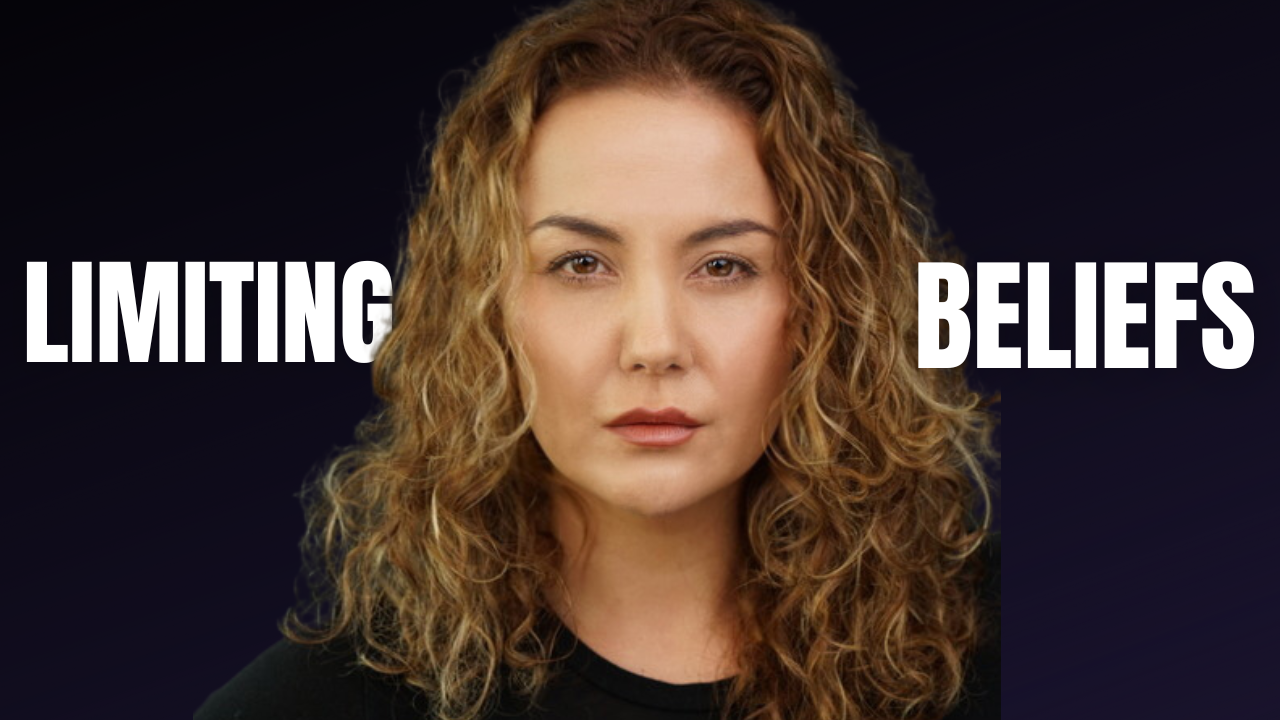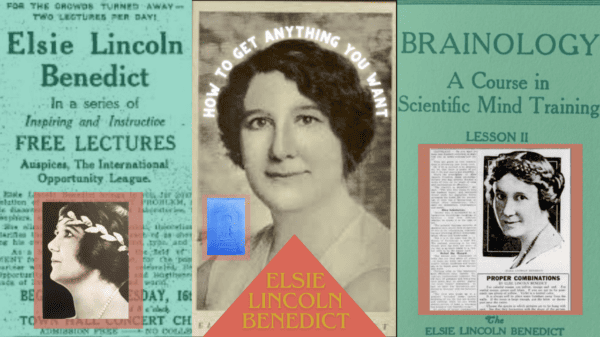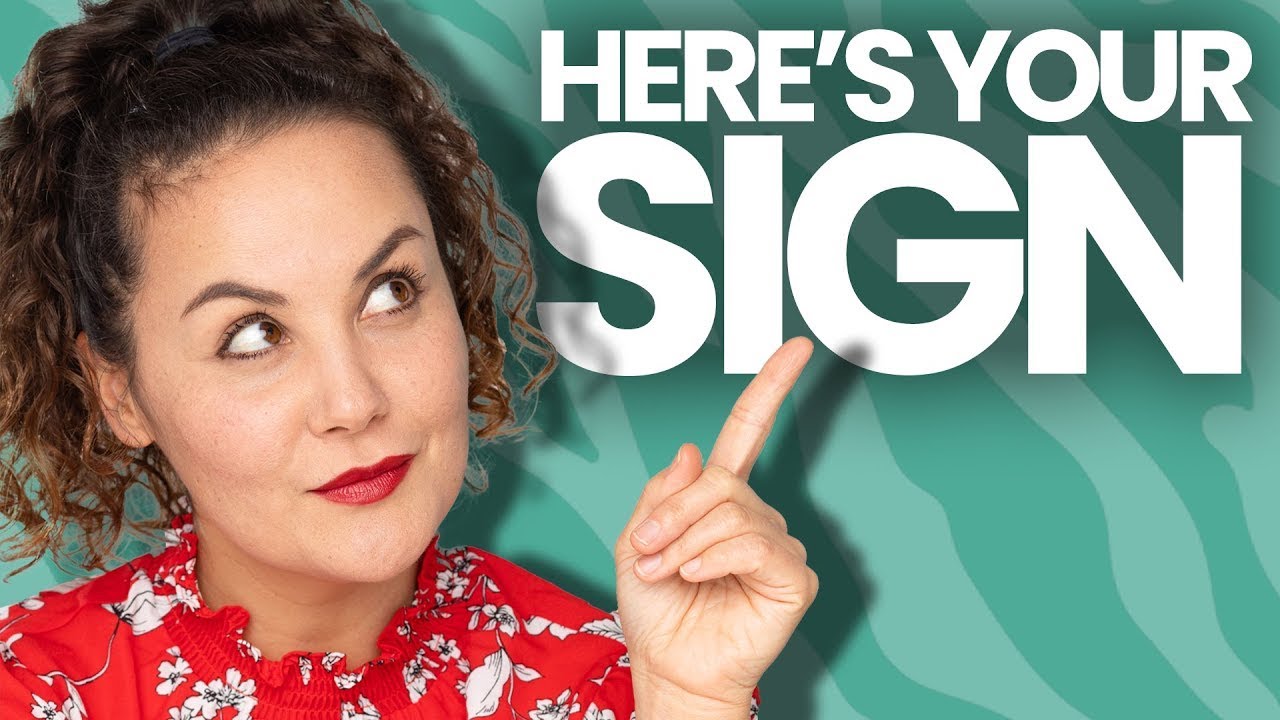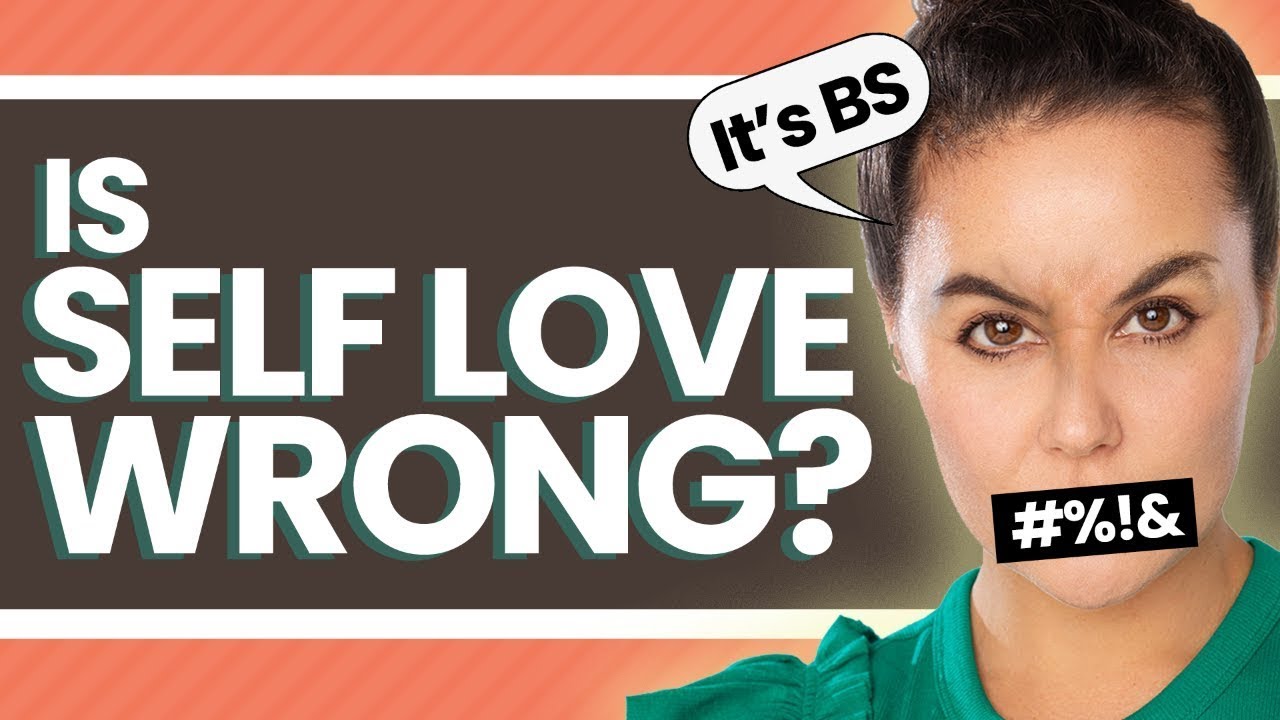Today we’re going to talk about how to use our physiology to affect our psychology and emotional and energetic states to create characters and make unique discoveries and choices as well as intentionally focus our energy and emotions to attract things you love.
When I ask most actors how they prepare for an emotional scene, they typically tell me they think of a sad memory, listen to emotional music, or take time to be alone and get quiet. All of these methods are great and effective for many people, but what about the scenes that aren’t sad, angry or scared. After all, aren’t all scenes “emotional”?
We tend to only prepare our emotions for the sad and angry scenes and not the happy ones or ordinary ones, but the truth is all scenes have a certain emotional and energetic level that we need to achieve. Prepping emotionally and energetically for a scene is necessary, and it’s also just as practical and powerful to prepare for your day as the most important character you’re ever going to play; yourself.
Just as all scenes and characters have emotions, they all have certain energy levels to them and what we call “tone”. I like to think of tone as “the personality of the world”. Just like you have a personality, carry energy and emotion, so does a show, film, commercial or even an industrial. It’s important to note that professions are not tones. For instance, a detective on Nickelodeon will not be the same tone as a detective on HBO.
Many actors negate using their entire bodies in acting bc they know it’s all in the eyes, you’re framed so tight in an audition, and maybe they’ve been told that they’re “too big” and need to bring it down a notch. But what we have to realize is that our eyes are not only the windows to our souls, they’re also the windows to our bodies and minds, meaning our emotions and our thoughts. It’s true that our thoughts control our emotions but we often forget that our bodies do too. I see so many actors who solely focus on using the mind to manipulate their emotions when it’s actually a lot quicker and easier to access these emotional states at times through the body. The physical can disrupt and evoke emotions much quicker than the mental can. And for some of us, our muscle memory is far larger than our brain bandwidth.
If I tell you to make yourself angry, I could wait on you to pull up a memory or I could pinch you really hard and get instant results. If I want you to laugh I could tickle you. If I wanted you to bring it down a notch, I could physically exhaust you, and if I wanted you to be annoyed and temperamental, I could get you tired and hungry.
Here are a few proven facts:
Smiling boosts your mood. You know we smile because we feel joy, but did you know we can feel joy just by smiling? If these tiny facial muscles can cause such a dynamic change in our emotional state, imagine what the rest of our bodies can do.
Tired? Quit looking down at your computer or book and raise your chin and gaze up. If you move your computer or book to head level or higher, you’ll stay alert and focused a lot longer.
Have you heard of EMDR – EYE MOVEMENT DESENSITIZATION AND REPROCESSING?
EMDR is a psychotherapy treatment that was originally designed to alleviate the distress associated with traumatic memories. Patients are asked to execute lateral (side to side) movements with their eyes during treatment. I am not a licensed medical professional. This is not medical advice, but I am a living testimonial for EMDR’s effectiveness. I actually used it to work on some things that happened to me as an actor (go figure), and it helped me move forward in a way that I simply couldn’t seem to before.
Nonverbal communication is the most widely used, universal language and the most understood form of communication.
Reverse engineering your emotions through finding the physicality first is a powerful way to discover new choices and deliveries, and also a fantastic strategy to create contrast in your second take. Allowing yourself to constantly explore the mental effects of your physical behavior can also help keep your performances fresh, organic and adaptable. So, when the director wants you to make adjustments in the callback, you don’t drop all of your lines when you change things up. This happens a lot in coaching sessions. Actors who tend to get married to the way they say their lines get easily disoriented when they’re asked to try new blocking or new choices. Trying a lot of different options not only results in a more creative performance, but also prepares you for adapting naturally to your actual scene partner’s delivery and allows you to be in the moment and present with them on set or on stage.
Let’s do an exercise. If you have sides, use those. If not, here are some dummy sides I created for this practice. Write these lines on a piece of paper, and read them aloud .
I don’t see this working
or what else I could do
I think about it over and over again
even in my sleep
I think I should go
I didn’t use any punctuation on purpose. Now, let’s establish an initial emotion and energy level to these lines. Most would probably say, “Sad. Defeated. Low Energy.”
Ok, so let’s just start by playing with posture. The way a person carries themselves in the world can tell us a lot about their personality, their status, and even their world view.
So, show me the posture of a sad person. Your chest caves in, and your shoulders round. You make yourself smaller physically and your eyes and everything else diverts down. Hence the saying, “You’re down.” Now listen to your body language and deliver your lines.
Were there any parts of your performance that felt right? Wrong? Did you want to shift positions or break out of it at any time? If so, where did your body want to go or what did it want to do?
Let’s try it smiling. Wait to find the honest feeling of smiling and then deliver with a genuine smile.
Was there any discovery of truth that you made saying these lines with a smile? Did you find a shade of sarcasm that maybe wasn’t there before? Was there anything that felt fake or rang false?
Smile – powerful these tiny muscles are and can manipulate your mood. Imagine what the rest of your body can do.
Let’s try these:
Chest out, sitting up straight, shoulders back.
Seated vs standing.
Facing someone heart to heart vs. talking to them sideways.
Hands on hips vs. arms crossed.
Stepping backward vs. stepping forward.
Leaning back in a chair vs. leaning forward.
Narrow stance vs. wide stance.
Eyeline down vs. eyeline up.
Eyes squinted vs. eyes wide open.
Another great way to embody the character and make discoveries is by rehearsing your scene while doing everyday activities: eating, sweeping, washing dishes, waiting tables, pumping gas, cooking dinner. Actors often complain about how quickly we have to turn in our auditions and often don’t have enough time to prepare. If you put this into practice, you can spend every waking hour up until the audition inhabiting and embodying your character. If you’re only living in their shoes while running your audition scene, you’re losing major rehearsal time.
HOW DOES THIS PLAY OUT IN OUR REAL LIVES?
I’ve always said actors are the best manifestors because well, we practice living “as if” for a living! We also create characters and tap into our feelings and create strong narratives that support the world of our stories and identities easily. So, why not use these skills in our real lives?
After all, we all want what we want because we think it will make us feel the way we want to feel. Think about it. Why do people get good grades, go to a good school, get married, have kids, build a nice body, get a good job, make a lot of money, become a great athlete or artist? Because it will make them feel good about themselves. Do you know why people with a clear conscious, who do the right thing, feel good? Because they like who they are.
So, let me ask you this. Why not just go straight for the feeling? Just how we can reverse engineer our emotions by first finding the physical, we can create the physical world by first finding the emotions.
For instance, if you think you will be happy once you’re a successful actor, perhaps you could start to realize that once you’re happy, you will be a successful actor. Like attracts like meaning we don’t attract what we want, we attract what we are. If you would love to have something, ask yourself what it would feel like to have it. And the deeper question is, do you really want it or do you want the feeling you think it will bring you?
If you want something, instead of focusing on having or getting it, focusing on being it. Let’s do another exercise. Fill in the blank. If I had _________, I’d feel _________________. For instance, If I had money, I’d feel free, luxurious, cultured, intelligent, sexy, powerful.
Now, make a list of activities and things you can do or have done that make you feel those feelings. For example: Dancing, working out, wearing pretty shoes makes me feel sexy.
Now, your only responsibility is to go about your day feeling the feelings you love to feel. Not just because you know you’re only after the feeling after all, but because if you would love to have it, you must be it. You will always attract more of what you already are and already have. If you want to have more, you must be more.
Try this practice out and see how it works for you. What have you got to lose? Either you’ll get the things you’d love to have or you’ll love the way you feel without them…which might be even better.














